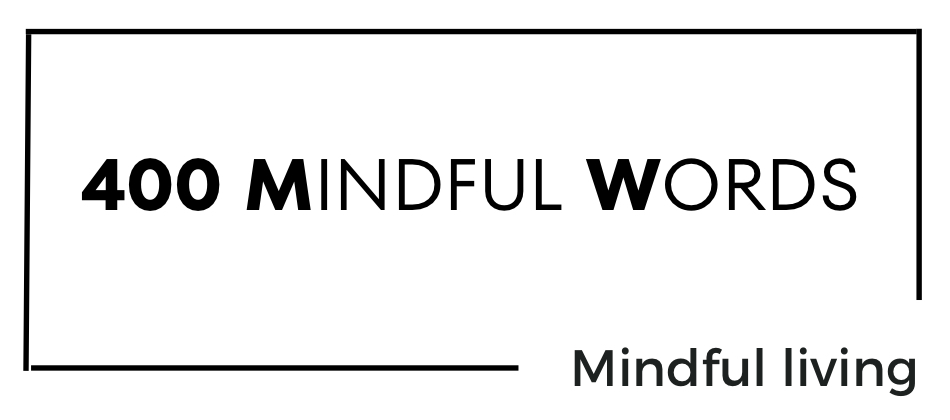Exploring the RAIN process. Imagine you had a difficult day at work, received a call about your child’s getting into trouble at school, and are running late for a doctor’s appointment. As you drive, an irresponsible motorist cuts in front of you, causing you to come to a complete stop.
You can feel your anger rising, your pulse thumping, pupils dilating. As you pull next to the car in front of you and roll down the window to give the nasty driver a piece of your mind, you realize an older woman is behind the wheel, looking lost.
As you sit in the doctor’s waiting room, you begin to comprehend what has just transpired. You felt angry and frustrated. These feelings are still present. However, by allowing them to settle, you start to investigate what is happening. This morning, your insensitive boss’s remarks made you feel unappreciated. Later, leaving work to handle your kid’s situation at school became impossible, and you had to contact your ex to manage it. Finally, a series of events led to you having to hurry to make your doctor’s appointment.
You realize how insane it would have been to scream at the older woman. A chuckle appears at the silliness of it all, followed by the realization that nothing is as out of control as thought. You begin to consider your next career move, living closer to your kid and spending less time stuck in traffic. Welcome to the RAIN practice.
In exploring this practice, let us remember that this is a tool to connect to our feelings and emotions in the aftermath of unpleasant experiences. RAIN practice is like hitting the “pause” button while watching a movie. It allows us time to process our experience in a way that prevents our limbic system (the part of our brain responsible for your fight, flight or freeze responses from hijacking our response. We attempt to shift from our “reacting” mode and allow our pre-frontal cortex (the region of our brain associated with reflection, humor, and compassion) to kick in.
Our elders taught us to count until we reached ten before reacting to a situation. It is a method of allowing our reasoning brain time to enter the scene. The RAIN practice takes this advice a few steps further by providing a proven method to integrate our experiences in a way that nurtures our lives.


